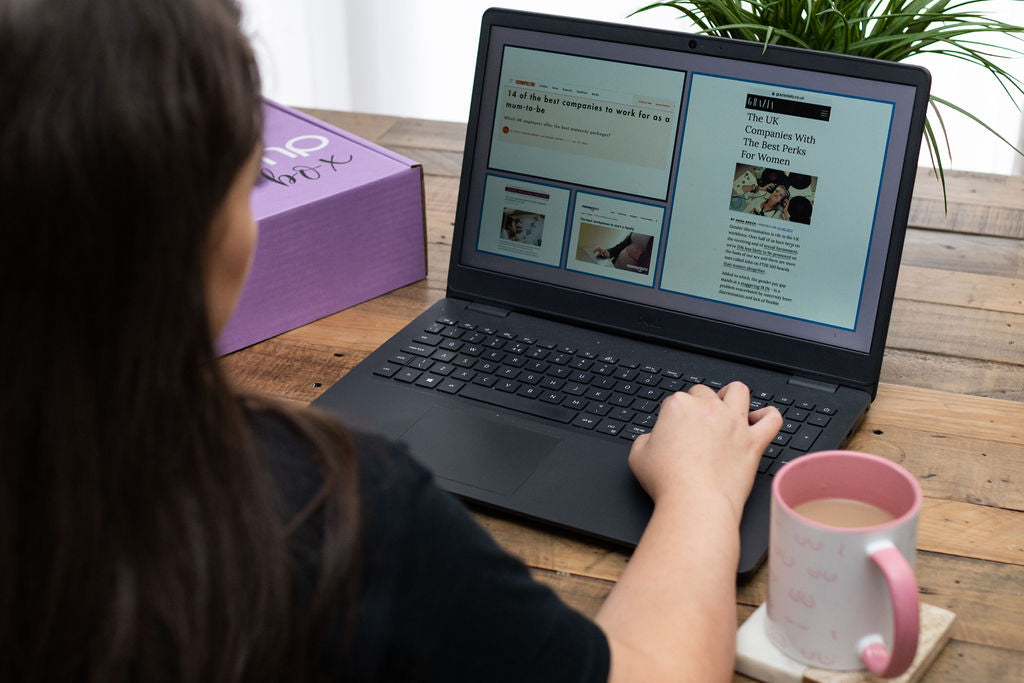Maintain a Healthy Pregnancy with These 8 Tips
Having a baby can be the biggest change you’ll experience in life. So it’s OK if you’re out there looking for answers on how to ensure a healthy pregnancy. Our first piece of advice is to talk to your doctor about your pregnancy concerns. While we’re here to offer some tips for maintaining a healthy pregnancy, it’s still best to run any activity or plan by your doctor.
- Get early antenatal care.
Register for antenatal care as soon as you find out you’re pregnant. You can sign up online with your local maternity service or set an appointment with your GP.
Early antenatal care can help you get your pregnancy off to a healthy start. You’ll receive proper advice on dealing with the changes in your body. With antenatal visits, you can rest assured that you and your growing baby will be monitored throughout the pregnancy.
- Eat a well-balanced diet.
Eat a well-balanced diet whenever you can. Try to consume at least five portions of fruits and veggies each day while taking your daily servings of protein and carbs. You don’t need to eat for two—you only need extra daily calories in the last three months of your pregnancy.
Stay hydrated as well. You need more water now than before, as your body needs to produce extra blood and amniotic fluid. Fluid intake also helps prevent constipation and tiredness. So even if you’re busy, try to have eight or more glasses of water each day.
- Take necessary supplements.
Folic acid supplements are vital for all mums-to-be. These can help reduce the risk of your baby developing spina bifida, which is a condition that affects the spine and skull. How many folic acid supplements should you take daily? That depends on whether you have diabetes or other medical conditions. Check with your doctor or midwife to know the correct dosage.
You’ll also need a daily supplement of Vitamin D. It can aid the development of your baby’s bones and teeth throughout the pregnancy. Speak with your doctor about the dosage.
- Try doing gentle exercises.
Staying active by doing gentle exercises can help you and your baby in more ways than one. It can help you maintain a healthy weight and cope with joint strains. It may protect you against gestational diabetes and high blood pressure. You’ll likely develop the physical stamina needed to have straightforward labour and birth. Plus, staying active can boost your mood when you’re feeling low, which you may experience at any stage of the pregnancy.
Exercises recommended for pregnant women include brisk walking, yoga and Pilates. It’s best to choose exercise classes safe and tailored for pregnancy. If you’re unsure about exercising during a particular stage of pregnancy, seek advice from your doctor or midwife.
- Keep your emotional and mental health in check.
The changes you’ll experience during pregnancy can put a strain on both your body and mind. So it’s completely normal to feel a bit worried or stressed sometimes. When that happens, take some time out to relax. Find a quiet space to take a breather or meditate. You can also consider setting a day aside each month for that much-needed “me” time. You can spend that day watching Netflix and enjoying your DearBump’s monthly subscription box.
Talking to someone about how you feel might help, too. Try to start a conversation with your partner, sister, friend or doctor. Sometimes, one good talk can help clear your mind.
- Start letting go of bad lifestyle habits.
Making good lifestyle choices will positively impact your growing baby’s health. Stop smoking and drinking alcohol as soon as you suspect you’re pregnant. Smoking, in particular, has been linked to ectopic pregnancy, premature placental detachment and other pregnancy complications. It can also increase the risk of having a low-birth-weight baby.
Cut back on caffeine, too. Drinking too much coffee may increase the risk of miscarriage and stillbirth in late pregnancy. Be wary that caffeine isn’t only found in coffee and tea. Cola and energy drinks are also high in caffeine, so make sure to limit your daily caffeine intake.
- Ask your doctor about vaccinations.
Flu can be harmful to mums-to-be and their growing babies. Ask your GP or midwife about getting a free flu vaccine during pregnancy. You may want to do the same for the whooping cough vaccine. For the COVID-19 vaccine, the NHS encourages mums-to-be to take it as soon as possible. Read more about the COVID-19 vaccine and pregnancy here.
- Get plenty of rest.
Pregnancy can be tough on your body, especially during the first and third trimesters. So don’t hesitate to ask for help around the house, so you can take it easy and get plenty of rest. Listen to your body; if you need to take short naps during the day, go for it. When you’re out running some errands, stop for frequent breaks to give your feet and back some rest.



Leave a comment